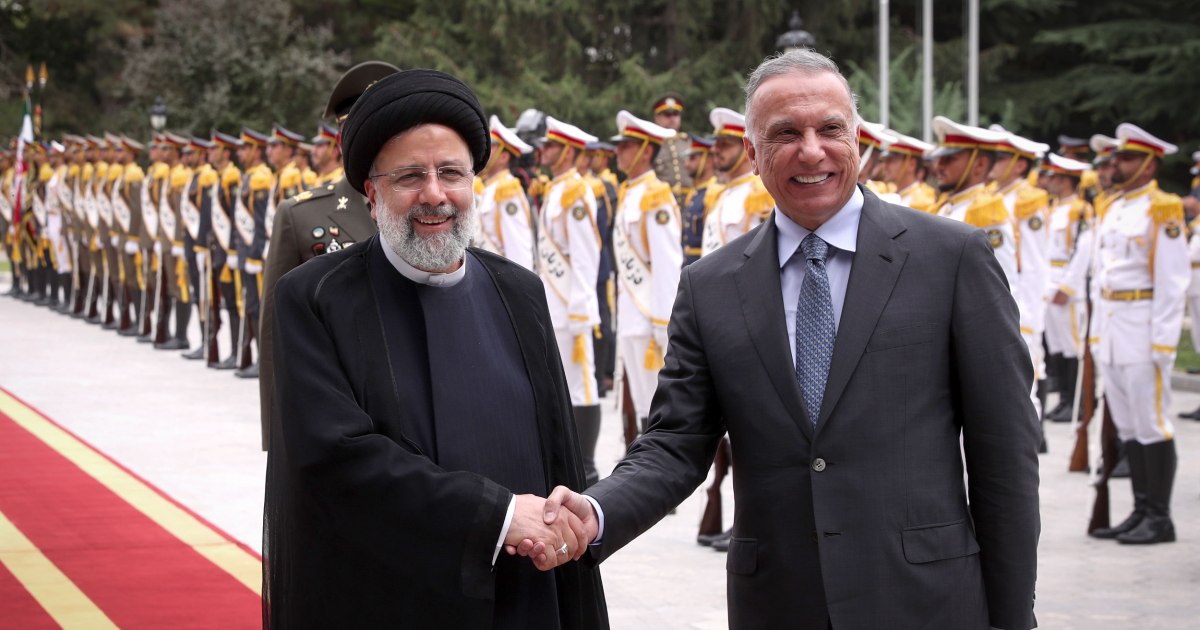Russia’s Putin Wins Expected Landslide Reelection
The first exit polls showed that Putin grabbed 69 percent of the vote — a massive jump on the52 . 5percent he won in 2000 after succeeding the tumultuous era of his ailing mentor Boris Yeltsin.
This time around the51 -year-old former KGB agent obliterated the opposition even while refusing to campaign or debate with his five candidates, reported Agence France-Presse (AFP).
The exit poll showed that the Communist Party challenger Nikolai Kharitonov trailed in second place with just12 . 6percent.
It was a significant drop on the29 . 4percent the Communists won in their last challenge to Putin and underlined the Soviet-era party’s waning influence in modern Russia.
Fears that voter turnout would not reach the crucial50 -percent mark needed to make the poll valid melted away when61 . 18percent were reported to have cast ballots.
‘Exceeding The Limits’
Nationalist challenger Sergei Glazyev slammed Putin’s advantage as “exceeding all the limits”.
He claimed that the “electorate has been persuaded to falsify the results of the elections”.
Kharitonov said his party “did all that we could have done under the circumstances,” moments after the polls across Russia’s 11 time zones closed.
He appeared to be alluding to the blanket coverage that Putin received on state-controlled television in the weeks running up to the poll.
Central Election Commission chief Alexander Veshnyakov described the event as a “football match”.
“People show up only when the outcome is uncertain,” he said sarcastically.
The liberal Irina Khakamada warned of a “threat of the return to Soviet bureaucracy” under Putin as she cast her ballot in Moscow.
“We are being told that democracy is a disaster and a tragedy and that authoritarianism can feed the entire world,” she said.
There are reports that people were forced to cast their votes twice in some regions and some workers were pressured into going to the polls.
Concern
In a jarring reminder of mounting Western concerns about the state of democracy in Russia, Washington expressed concern about how the campaign was being staged.
“We are concerned about the way this election is being held,” U.S. Secretary of State Colin Powell told the Fox News Sunday program.
“Russians have to understand that to have full democracy of the kind the international community will recognize, you’ve got to let candidates have all access to the media that the president has,” Powell said.
Putin’s party and its allies emerged unrivalled in the parliamentary elections last December as observers said that the elections were “overwhelmingly distorted”.
Still Popular
But Putin with steely blue eyes is genuinely popular among Russians, half of whom think that the country “always needs a strong hand,” while only one-fifth oppose authoritarian power, according to a recent poll by Romir Monitoring.
“A lot of Russians want a repressive and authoritarian state,” said Mark Urnov, an analyst.
“They think that people must be afraid of the state in order to respect it.”
Putin’s popularity is reinforced by the revving economy, which grew7 .3 percent in2003 , and a booming stock market.
But many warn that with so much power, Putin will turn Russia increasingly to its Soviet roots during his second term, while at the same time restructuring the economy to a Western model in a bid to attract foreign investment.
In his first public statements following the re-election, Putin, at times humble confident and stern, vowed to defend democratic principles and lead a foreign policy based on compromise rather than “imperialist ambitions”.
“I promise that the democratic accomplishments of our people will be unconditionally defended and guaranteed,” Putin said in televised remarks early Monday from his campaign headquarters near the Kremlin.
Little Choice
Moving to Grozny, many Chechens voting in Russia’s presidential election Sunday said they had little choice but to cast a ballot for the man who sent bombs raining on them more than four years ago — President Vladimir Putin.
"We have all voted for Putin, he has done a lot in the last four years for our republic," said Laput Tatayev,75 , as he stood in a Grozny courtyard surrounded by bombed-out buildings.
"There were other worthy candidates, but they are not in power," Tatayev said.
Anfar, a20 -year-old from the village of Tsenteroi, said he cast his ballot for the former KGB agent, but "I don’t know why. Everyone is voting for him here."
"I voted for Putin because he is our boss," said Makha Dombayeva, a 105 -year-old woman who cast her ballot early at a polling station in Grozny.
Putin launched Moscow’s second war against the predominantly Muslim republic in October 1999 as prime minister and was elected to his first term on the back of support for what he called a lightning-strike what he termed anti-terrorist operation.
The war has killed tens of thousands of civilians and devastated the republic, which today is mired in lawlessness and violence — roadside blasts are common, armed men are on every street corner, running water and phones are a distant memory for most residents.
Plenty of Chechen voters did not cast their ballots for the Russian leader Shamsuddin, a55 -year-old said he was going to vote against all, dismissing the elections "as a farce."
"They have elected him whether people wanted to or not, just like Kadyrov," he said.
Although authorities said that more than 50 percent of the republic’s nearly 600 , 000registered voters had cast ballots by early afternoon, many of the streets remained deserted in the capital Grozny


